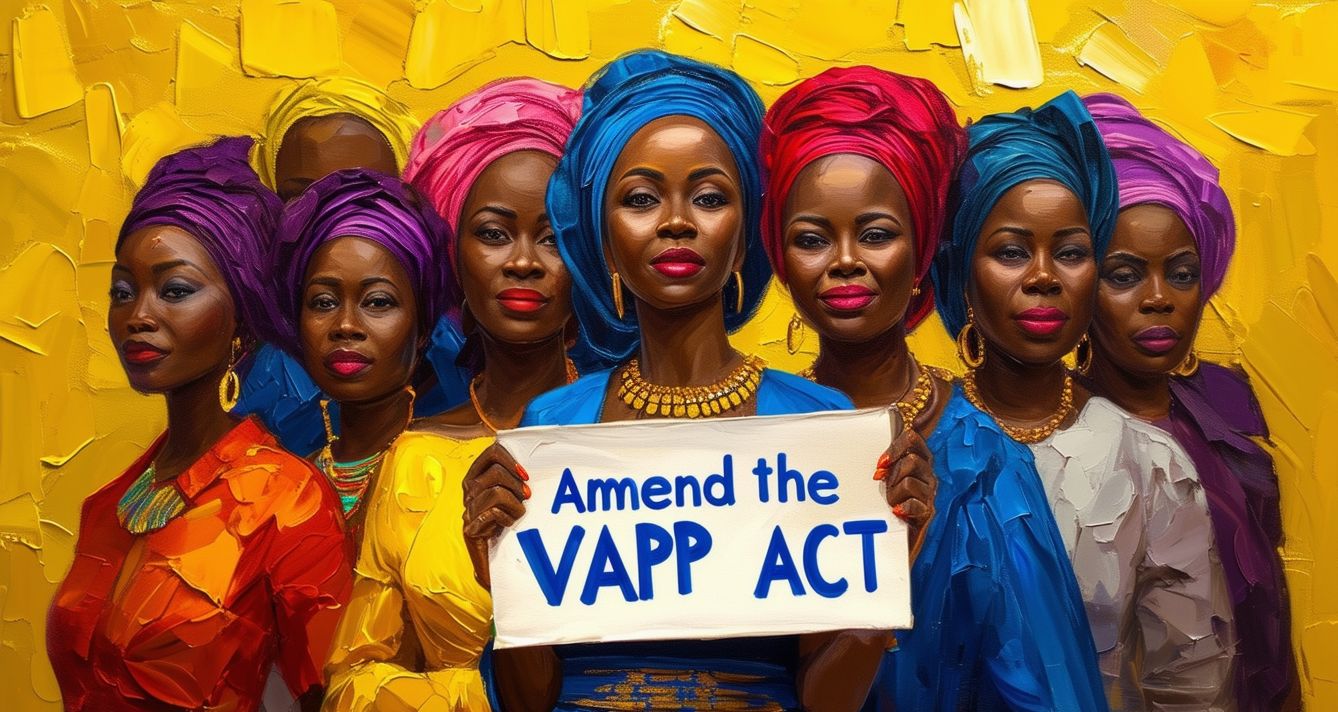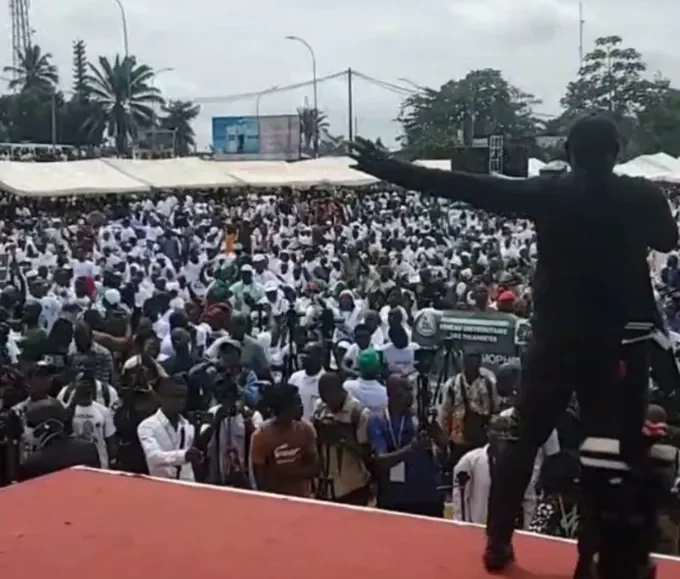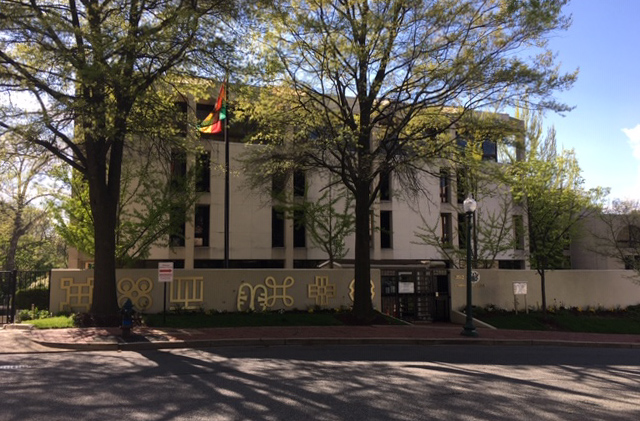
Activists Warn Of Dire Consequences As FG Moves To Repeal The Violence Against Persons Prohibition Act

Activists have raised concerns about the potential repeal of Nigeria’s Violence Against Persons Prohibition (VAPP) Act, fearing it could undo years of progress made in protecting women and vulnerable groups from gender-based violence.
On the International Day of Democracy, Priye Diri, a leader in the Nguvu Collective, warned that repealing the Act would set back efforts to safeguard victims and weaken democratic values in the country.
The VAPP Act, which was enacted in 2015, has been a key tool in addressing gender-based violence (GBV) across Nigeria. Despite challenges like limited jurisdiction and poor enforcement, it has brought some progress, with 34 states adopting the Act.
However, a new bill proposed by Senator Jibrin Isah in 2022 seeks to repeal the VAPP Act, arguing that a more comprehensive legal framework is needed. The proposed bill passed its second reading last month, raising alarms among gender-based violence activists and advocates about the implications the potential repeal would cause.
Diri cautioned:
Since 2015, the VAPP Act has been a critical lifeline for women and vulnerable individuals in Nigeria. It has empowered thousands to report GBV cases, established essential support services, and made tangible progress toward gender justice. Repealing the Act would reverse these advancements, leaving survivors without necessary protections and creating exploitable gaps in the legal system.
Another activist, Durga Nandini, Co-Founder of Nguvu Collective, echoed these concerns, stating:
Why repeal when you can amend? Repealing the Act will undo the decades of progress that gender rights activists in Nigeria made on addressing violence against vulnerable people and will be a major setback for democracy in the country.
Activists argue that amending the Act, rather than repealing it, would allow for necessary improvements while keeping the existing protections in place. They fear that the legislative process to introduce a new law could take time, leaving a dangerous gap in legal protections for victims.
To address these concerns, Diri has launched an online petition urging lawmakers, including Senate Committee Chairman Mohammed Tahir Monguno and Senator Jibrin Isah, to consider amendments instead of a full repeal. The petition calls on Nigerians of all backgrounds to support the continued protection of women and vulnerable individuals.
The push for amendments rather than repeal is seen as a way to preserve the legal framework that has been crucial for survivors of GBV while addressing any shortcomings in the current law.
Read: Just In: Nigeria’s Inflation Slightly Drops to 32.15% in August, Remains High Year-on-year
About The Author
Related Articles
Cotê D’Ivoire: Thousands Rally in Abidjan as Opposition Demands Electoral Reforms Ahead of October Election
Thousands of opposition supporters gathered in Abidjan on Saturday, May 31, to...
ByJoy ChukwuJune 1, 2025Togo Stops Issuing Mining Permits to Reform Outdated Mining Code
Togo has suspended the issuance of new mining permits for prospecting and...
ByJoy ChukwuJune 1, 2025ICYMI: Ghana Shuts Down Washington Embassy Over Visa Fraud Scandal
Ghana has temporarily closed its embassy in Washington, D.C., following the uncovering...
ByJoy ChukwuMay 31, 2025Confederation of Sahel States Moves to Establish Joint Judicial Body
The Confederation of Sahel States (CSS), comprising Mali, Niger, and Burkina Faso,...
ByJoy ChukwuMay 31, 2025











